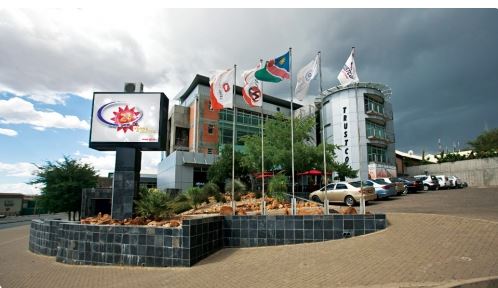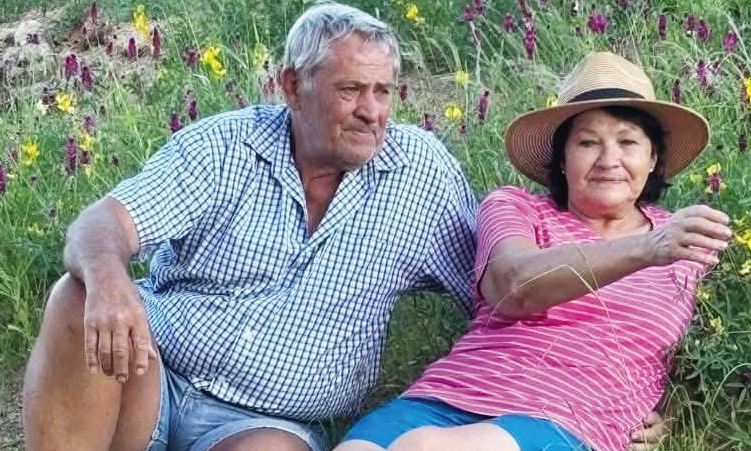THE grass isn’t always greener on the other side … of the veterinary cordon fence!
At least not for the livestock of farmers from Gam who illegally cut through the fence and moved into the Nyae-Nyae conservancy at the beginning of the month, sparking an animal health crisis.The farmers’ cattle, which are now at the Tsumkwe Breeding Station at the agricultural farm, have begun to fall victim to the shortage of grazing and water in the conservancy, as well as to the same plants which their owners said were poisoning them in Gam – one of the reasons they claimed they moved into Nyae-Nyae.Detective Inspector Samuel Edward Gariseb, station commander at the Tsumkwe Police station, told The Namibian yesterday that two sheep have already died of poisoning by the plant, while one goat and one cow were found dead, having starved because of a shortage of food and water.’The grazing area is small, and we have a water problem at the conservancy,’ Gariseb explained.He added that in addition to these fatalities, one cow had also fallen victim to a wild dog in the area, one calf had been attacked by a cheetah, and another calf had died of unknown causes.A separate source at the conservancy also told The Namibian that there was ‘not enough place’ or food for the more than 1 200 cattle g quarantined at the agricultural farm, raising concerns about the future of the large herd.But on a positive note, Gariseb reported that no more farmers had moved into the conservancy with their livestock since last week.’We have deployed officers at the fence where the farmers were entering from Gam, and there haven’t been any new entrances since the last arrests.’Meanwhile, the last three farmers arrested appeared in court in Grootfontein last week, but could not be granted bail because there was no magistrate present. Gariseb said the three would appear in court at Tsumkwe tomorrow.But while the cattle remain quarantined and the farmers face legal action, the Ju /’hoansi San people who are the legitimate members of the conservancy are becoming more and more frustrated with the new presence in the conservancy.’We are still waiting for the Government to give us feedback,’ says Kgao Ghauz, manager of the conservancy. A task team was in the area last week to conduct meetings with the traditional authorities, chiefs, headmen, and the community, and were told that a report would be compiled for Parliament, which would then make a final decision on the matter.Mbeuta Ua-Ndjarakana, Permanent Secretary for Information and Communication Technology, who headed the task team, could not be reached for comment yesterday on the outcome of the meetings or the progress of the report.Reflecting on the situation, Ghauz adds: ‘But we are not happy. The place has become noisy, and we can’t sleep well, because there are too many donkeys and horses all over. Life has become difficult for us, and there are just people moving up and down; and it’s a problem because we are hearing that they want to be resettled here at Tsumkwe.’ Asked how members of the conservancy would feel if the farmers and their livestock were resettled at Tsumkwe, he responded: ‘For us it would not be good because once we have more of them, they will be cutting down more trees for houses, they will come with more cattle, and we will just have difficulties because they don’t respect our rules here. We have a constitution of the conservancy which we all have to abide by, but they won’t respect our rules.’The conservancy and the Working Group of Indigenous Minorities in Southern Africa (WIMSA), with the with the assistance of the Legal Assistance Centre, plan to sue the farmers for more than N$600 000 in camping fees, potential loss of income from trophy hunting, loss of income from harvesting of the devil’s claw plants being destroyed by the cattle, water and grazing consumption, and the infringement of rights of the members of the conservancy.nangula@namibian.com.na
Stay informed with The Namibian – your source for credible journalism. Get in-depth reporting and opinions for
only N$85 a month. Invest in journalism, invest in democracy –
Subscribe Now!










